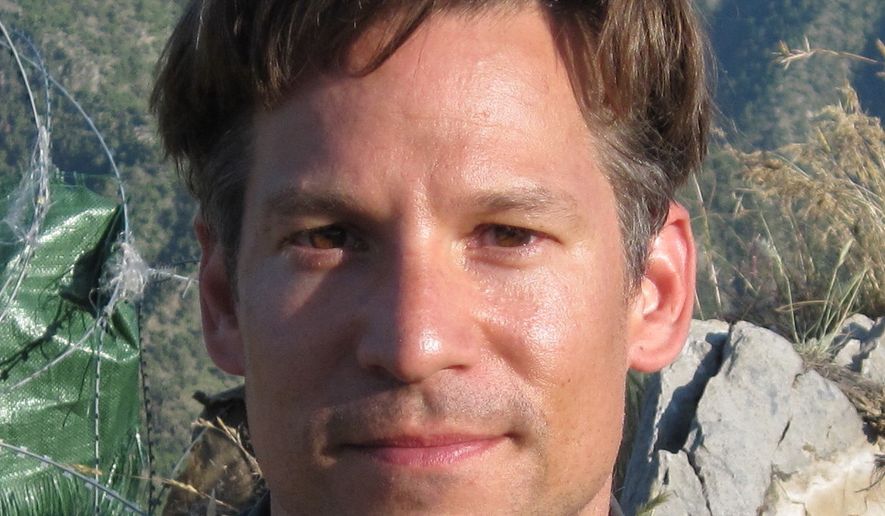OPINION:
The caustic attacks on NBC reporter Richard Engel about the circumstances surrounding his 2012 abduction in Syria puzzled and troubled me — until I listened to some of his comments about the Obama administration’s failures, particularly in the Middle East.
Although I cannot pinpoint the spinmeister of the accusations against Mr. Engel, the tone and rancor seem to indicate someone has done a back channel job on the well-regarded chief foreign correspondent for NBC News.
When Mr. Engel and his team were held hostage for five days in Syria, he thought his captors belonged to a group, the shabiha, which backs President Bashar Assad. But the kidnappers apparently created a sophisticated ruse to leave that impression. Mr. Engel and The New York Times reported last week that the captors were Sunnis loosely aligned with the Free Syrian Army, which opposes the Syrian president.
Some analysts saw this reversal as some sinister conspiracy to create support for the Syrian opposition. I am no defender of network television news, but I couldn’t connect the dots in the way others found so persuasive. Moreover, the charges come from those often-unreliable, unnamed sources and seem to be tied to the Brian Williams’ scandal. Mr. Engel’s and Mr. Williams’ cases are significantly different: Mr. Williams inflated his credentials; Mr. Engel did not.
Media analyst Rem Rieder claimed in USA Today that “NBC allowed [Mr.] Engel to go on the air and repeatedly assert that the forces of [Mr.] Assad had done the deed, when its execs knew full well that didn’t seem to be the case. That’s simply inexcusable.”
Glenn Greenwald of The Intercept argued that “the NBC story was quite likely to fuel the simmering war cries in the West to attack (or at least aggressively intervene against) Assad.”
Ana Kasparian, one of the hosts on the online TV show “The Young Turks,” maintained: “Stories like these do have an impact on policy. It reminds me of the Rolling Stone article that was retracted.”
Having spent nearly a decade in the Middle East, and having helped to produce a documentary about Syria, I find these comments wrongheaded.
The public, including many journalists, doesn’t understand the difference among the various groups in northwest Syria, a longtime route for smuggling drugs, guns and terrorists. You can’t tell apart Syrian Sunnis and Shias just from the way they look or talk.
Moreover, I doubt any misreporting of this story could have been a tipping point for the U.S. to oppose Mr. Assad, a brutal dictator at the head of a regime that has been vigorously and publicly anti-American since it first seized power in the 1960s. Although some information existed within NBC that the captors had ties to Mr. Assad’s opponents, it was far from a slam-dunk case.
Some in the administration wanted to help forces opposed to the Syrian leader, but President Obama apparently was not among them. In fact, he had won reelection a month earlier and faced no overwhelming pressure to engage in the Syrian conflict.
The similarity between Mr. Engel’s reporting and the fabrication of the rape story at the University of Virginia eludes me.
But Mr. Engel became one of the harshest critics of then-Secretary of State Hillary Rodham Clinton and Mr. Obama’s policies in the Middle East.
After Mr. Obama’s 2015 State of the Union address, for example, the NBC reporter commented, “It sounded like the president was outlining a world that he wishes we were all living in but which is very different from the world that [he] just described.”
I remain unconvinced that Mr. Engel intentionally mangled the reporting and NBC covered it up, particularly when the allegations come from unnamed sources. The record has been corrected. That’s good enough for me.
• Christopher Harper is a longtime reporter who teaches journalism at Temple University. He can be contacted at charper@washingtontimes.com and followed on Twitter @charper51.




Please read our comment policy before commenting.